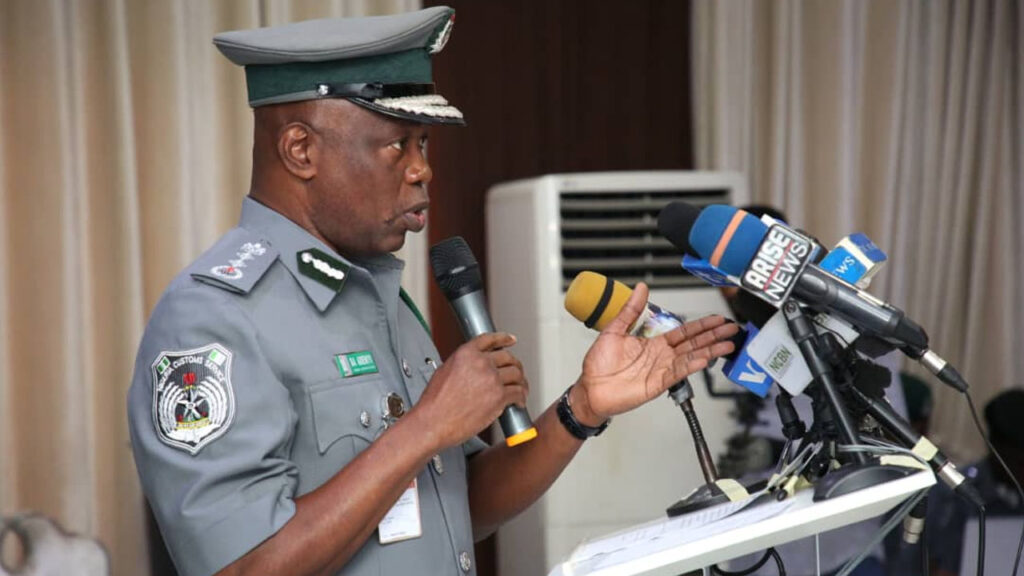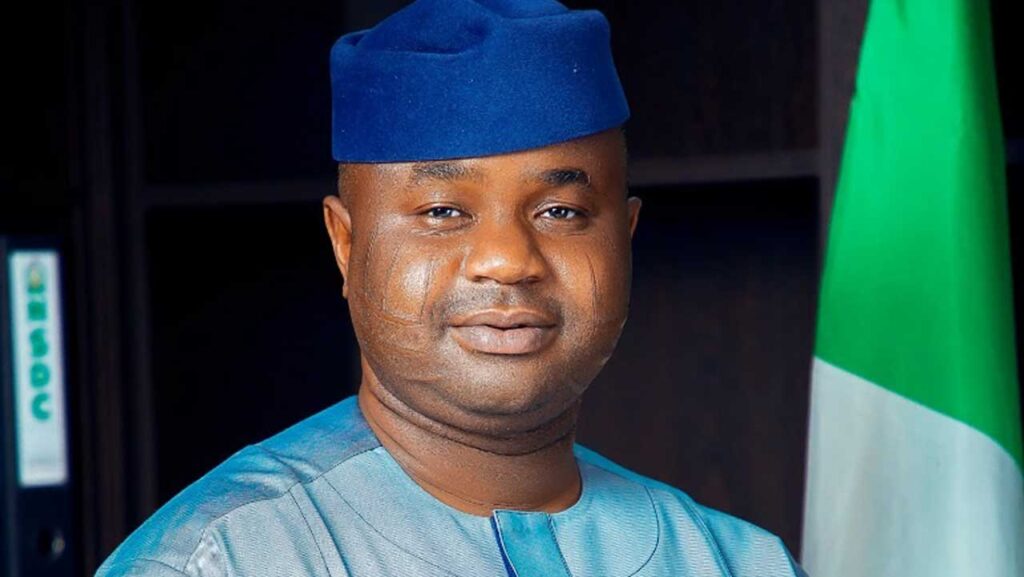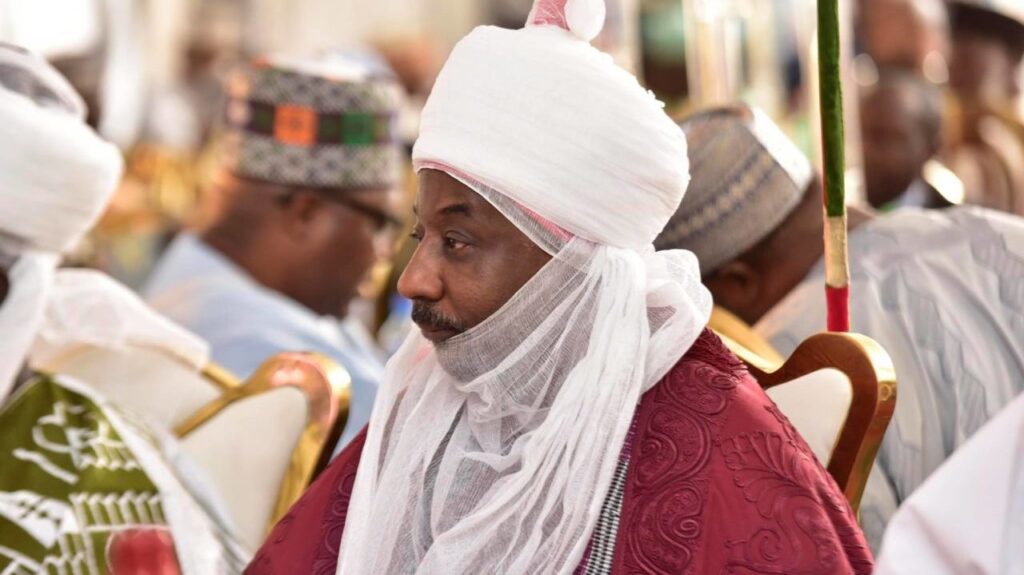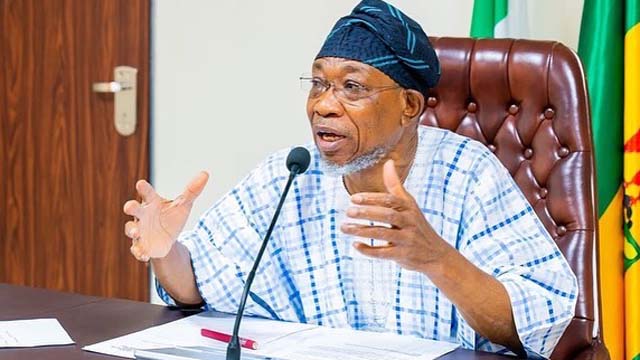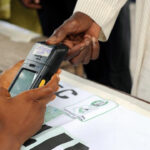
Sir: Election is the act of choosing candidates who will represent people in a group, society or country. Meanwhile, voting is the process by which people elect and how the results are determined in choosing those that will represent their interests and opinions in government.
A political party, on the other hand, refers to an organised group of people with common ideology, whose main goal is to win the rein of power and form the government. There are different party systems, ranging from; zero party, one party, to the multi-party system, which is one of the basic tenets of Youthocracy and Democracy.
Consequently, voting is a subset of election through which representatives are chosen from the candidates of political parties to form the government in democratic states such as, United States of America, Britain and Nigeria.
According to the tradition in many countries across the globe, voting by the electorate, especially party faithful, is usually along ethno-religious and party lines. With the exception of North America and Western European countries, majority of the world population, mostly third world countries, are still trapped in this act. It takes a conscious and discerning people to vote dispassionately. This itself requires proper political education and a sense of patriotism to rise above sectional affiliation in the interest of the country.
Electoral history in colonial and post-colonial Nigeria gives credence to the above. Perhaps, with the exception of the botched third republic presidential election in 1993, adjudged to be the freest and fairest, the rest have been the same. Many quality candidates have lost out on the basis of party sentiment, why unproven ones have strolled to the seat of power for merely being flag bearers of mainstream political parties. Meanwhile, this misguided decision by most of the electorate can be attributed to the bane of Nigeria’s development, as poor followership breeds poor leadership which results to poor society.
In the build up to the 2023 general elections, many candidates have been presented by the 18 political parties registered by the Independent National Electoral Commission (INEC) for public perusal. It is the duty of the electorate to evaluate candidates on their track records, leadership qualities and experience before submitting their political sovereignty to them. Meanwhile, such exercise should be devoid of ethnic, religious and party leaning. This social responsibility is the least Nigeria deserves from its citizens for attainment of the long-desired “great lofty height, to build a nation where peace and justice shall reign” in the second stanza of the national anthem.
Tunde Eso is a political scientist, journalist and originator of Youthocracy, a new system of government.



